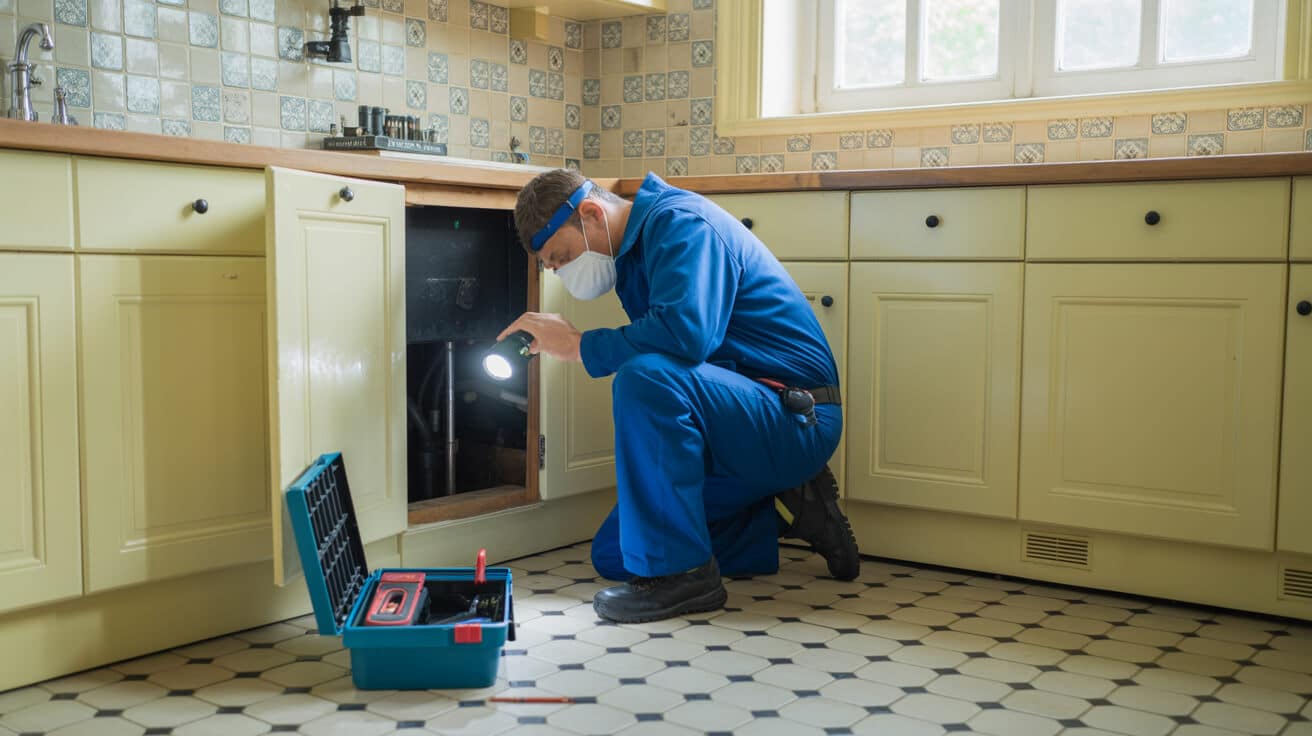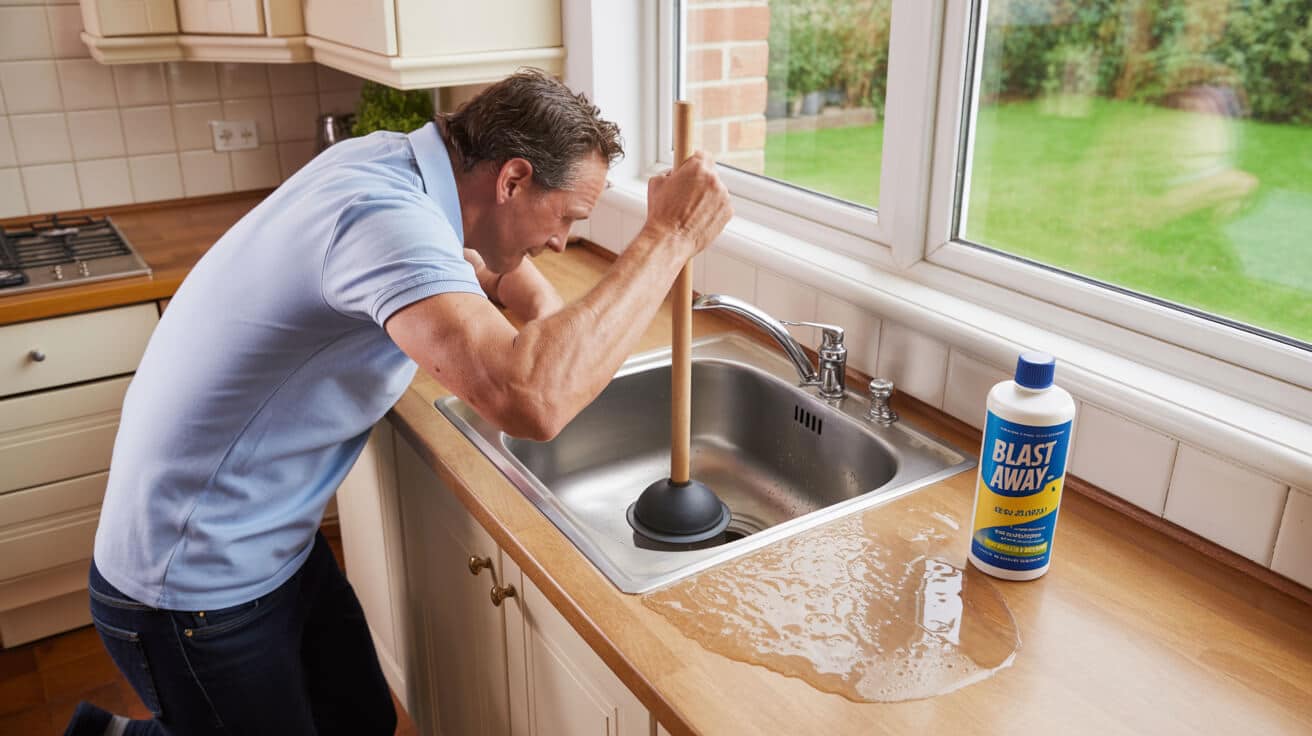 Is Low Boiler Pressure Dangerous
Is Low Boiler Pressure Dangerous

Is Low Boiler Pressure Dangerous? Risks, Repairs, and What They Don’t Warn You About
When your boiler’s pressure gauge drops below 1 bar and the digital display starts a slow blink, your heating system is sending a message. But the real danger isn’t immediate—it’s what hidden low pressure can do behind the scenes: voiding insurance, hiding expensive leaks, rattling tenant trust, and chipping away at your investments. For every UK property owner, landlord, or facilities manager, understanding low boiler pressure is about protecting money, compliance, and the quiet confidence that your heating system won’t let you down.
“It’s never the noisy breakdown that hits your pocket hardest. It’s the slow escapes—the ones no one spots until the bills, the complaints, or the claim forms stack up.”
You won’t see sirens, but you’ll feel the effect: chilly rooms, agitated tenants, frustrated letting agents, and insurance adjusters asking for records you can’t find. Low pressure is more than a technical glitch—it’s where legal responsibility, property care, and peace of mind overlap. If you’re running a home, a letting business, or an entire commercial portfolio, ignoring that red pressure light is an open invitation to risk.
What Counts as “Low Boiler Pressure” and Why Should You Care if You’re Responsible for Others?

low boiler pressure in a UK property means the gauge has slipped under 1.0 bar when the system is cold. Most manufacturers pin 1.0 to 1.5 bar as the safety sweet-spot; below that, pumps strain, safety cut-outs engage, and heating can miss entire floors. This isn’t a design quirk—it’s a strict standard set by WRAS Water Regulations, boiler brand engineering teams, and, for rented homes, legal frameworks around tenant welfare.
Why should you—or your organisation—care?
- Pressure moves the heat: It powers every radiator and shower. Less pressure, less comfort, sudden complaints.
- Safety shut-off: modern boilers instantly cut out at low pressure. No risk of explosion, but a cold snap becomes a real risk for tenants or vulnerable residents.
- Multi-occupancy headache: In flats and, especially, in care homes, a single ‘low pressure’ can knock out heating for multiple units or busy compliance deadlines.
It’s about more than staying warm. Your legal duties now include documenting system health at every check, proving CP12 Gas Safety and EPC compliance, and keeping pressure logs for insurance. If you skimp on records—or fudge a refill without noting it—you could end up footing the bill for denied claims or facing unhappy tenants and letting agents.
“When pressure quietly slips, so does your legal cover—and sometimes your reputation.”
Is Low Boiler Pressure Actually Hazardous? What’s Myth and What’s Fact in 2024?

Tech headlines and worry stories always play up “boiler dangers.” The truth? Since the 2000s, all reputable UK boilers (combi, system, or unvented) have been built to fail safe. So the boiler itself won’t explode if the pressure drops; it’ll just refuse to fire, flashing you a warning code.
Here’s what actually happens:
- The boiler stops: no pressure, no flame, no heat flow. Cold builds up, especially on upper floors or remote rads.
- A code blinks, demanding action—not panic.
- All moving parts (pumps, seals, sensors) are protected from destructive dry run cycles, thanks to internal safety systems.
Personal danger? Negligible, unless you fiddle with refill loops you don’t understand. The real risk is what happens around the boiler:
- Tenant disruption: No heat = calls, complaints, and, in social housing or vulnerable environments, legal liability.
- Frozen pipe risk: Prolonged cut-out can cause pipes to freeze and burst in winter, leaving you with claims and frantic late-night repairs.
- System damage: Repeated pump cycling and auto-lockouts hammer expensive parts—shortening service life and hiking future bills ([Vaillant, Pressure Guide](https://www.vaillant.co.uk/advice/understanding-heating-technology/boilers/what-do-i-do-if-my-boiler-had-no-pressure/?utm_source=openai)).
Bottom line: The system protects itself. Only proactive owners, landlords, or agents protect the rest—documenting every refill, tracking events, and ensuring qualified repairs prevent silent leaks from ruining properties.
“It’s not the immediate boom. It’s the slow, creeping cost—legal, financial, and emotional—that’s truly dangerous.”
What Risks Lurk If You Ignore Low Boiler Pressure—Even If ‘Nothing Bad Happens’ Today?

Think of low pressure as early-warning radar. The real property and compliance dangers pile up the longer you wait. Every week, subtle system faults can worsen, turning an easy reset today into a hazardous, lawsuit-baiting, or five-figure damage report down the road.
The risk-breakdown every property owner, landlord, or manager faces:
Insurance, Warranty & Compliance: The Unseen Trifecta
- Insurance voided: Most insurers and system warranties need evidence of routine checks—especially for leaks, pressure, and system failures. Refills done ‘invisibly’ by hand don’t cut it.
- Leaky claims: Micro-leaks under floors or around seals can cause unseen damp, rot, or black mould—often only found when letting agents, surveyors, or tenants finally demand an inspection ([Gov.uk Renting Repairs](https://www.gov.uk/private-renting/repairs)).
- Compliance breach: Missing logbooks spell drama for landlords and agents during an audit or after a freezing tenant calls the council.
Reputation: The Score You Can’t Reset
- Tenant trust: Repeated heating interruptions (especially in social housing, care homes, or HMOs) can spark council intervention, online review headaches, and loss of preferred supplier status.
- Business image: For offices, shops, and commercial lets—comfort disruption drags your brand down. Cold meeting rooms, patchy showers, or overnight chill can trigger complaints notices and reputational damage.
“Property values and business goodwill quietly bleed away when pressure readings—and the paperwork—aren’t kept on track.”
Why Does Boiler Pressure Drop in the First Place? Stop Guessing—Find the Real Culprits
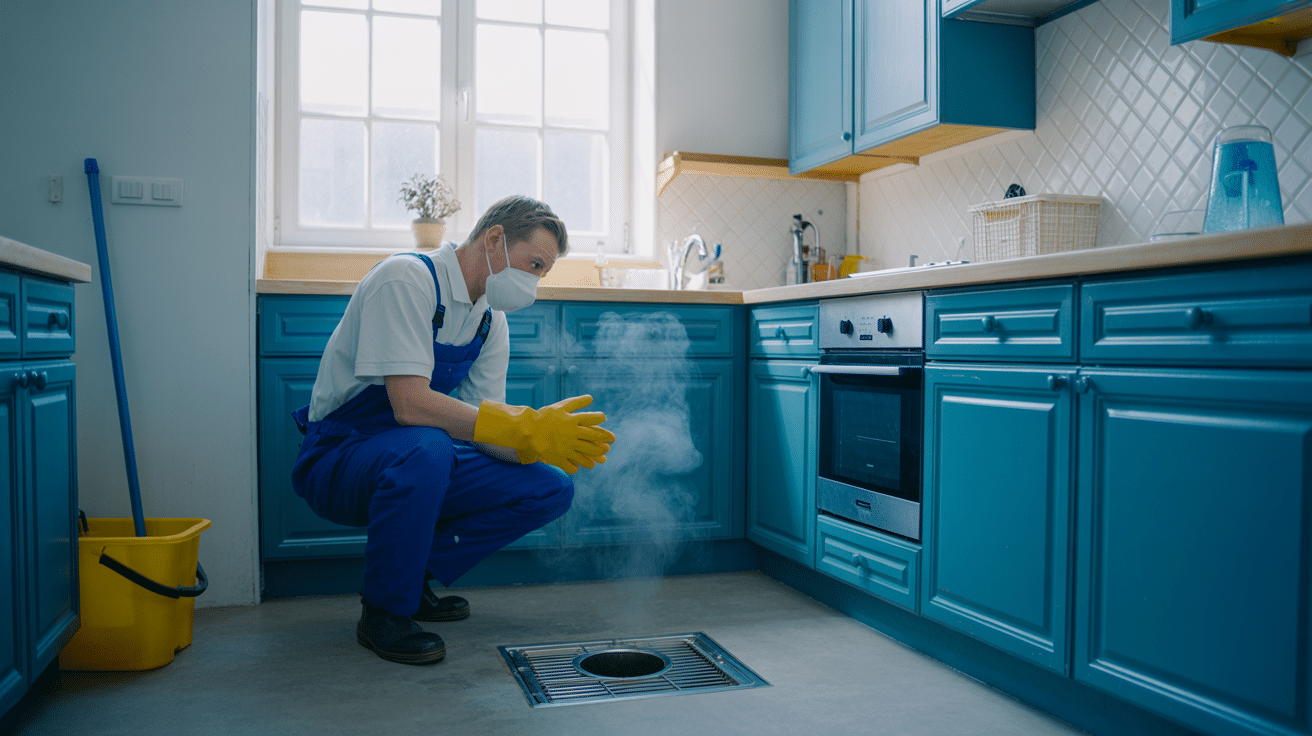
Every time you top up pressure “just this once”, another underlying hazard lurks. A pressurised system is only as tight as its oldest valve or weakest gasket. The culprits are rarely dramatic, but always relentless:
The Top Four Causes You’ll See Again and Again
- Invisible micro-leaks: From radiator valves, beneath floorboards, or behind tiled panels. Even tiny “weeps” mean regular top-ups—a warning of wider issues if ignored.
- Air removal from radiators: Bleeding out air drops the system’s water level (and pressure), so regular purges need topping up. If you forget, a chain of cold rads begins.
- Pressure relief valve (PRV) malfunctions: PRVs can ‘weep’ continuously or open prematurely. Most homeowners won’t notice, but a steady drip spells trouble, especially on unvented cylinders.
- Expansion vessel fatigue: These mitigate pressure swings. When the membrane perishes, pressure won’t hold, and fault codes fire up after each heating cycle (OVO Energy Guide).
💡 Pro tip: If you find yourself topping up more often than every few months, it’s time to stop, document, and get a WRAS (or G3 for cylinders) certified pro. Emergency “DIY” refilling rarely solves the real issue—and can invalidate your system’s warranty.
Warning signs you’re missing the big picture:
- Pressure falls within days or hours of a refill (not months).
- Telltale stains or bubbling paint near pipes, radiators, or outside overflow.
- Noises—gurgling, chugging, water hammer—especially when starting the system.
“A single refill is a fix. A pattern is a warning. Properties don’t leak for fun—they do it for a reason.”
What Hidden System Warnings Should You Be Noticing—And Which Ones Spell Trouble?

Forget alarm bells. Most system failures start quietly, with subtle discomfort or misbehaving apps—until someone logs a complaint or the next rent review lands on your desk.
Here’s how to decode everyday discomfort:
Subtle Signals The System’s Suffering
- Coldest radiators first: The furthest (and highest) will run cold before the rest, especially overnight or after long “off” periods.
- Shower ‘droop’: Hot, then lukewarm, then cold showers indicate a system starving for pressure (especially in combi boilers).
- Suspicious pipe chatter: Ticking, bubbling, or gurgles signal trapped air and insufficient water. Often a hint that leaks are somewhere close.
- Smart control confusion: WiFi heating apps or digital thermostats may “show” heat active while nothing moves in the pipes. Software and sensors are only as good as the pressure they measure.
If you respond only when the system goes stone-cold, you’re acting after the damage has started—and likely after the tenant or compliance clock has ticked over.
When Minor Annoyances Go Major
- Pumps running dry: Lack of water risks burning out the pump—a costly part.
- Rapid cycling: Boiler tries to start, fails, and repeatedly cuts out, increasing wear and frustrating users.
- Resentful tenants: Agitated renters will escalate quickly if records are patchy or fixes lag behind complaints.
“You don’t need drama. You need a clear head, sharp routine, and a prepped compliance checklist—before the system goes silent.”
What’s the Best Step-by-Step Routine for Investigating, Refilling, and Resolving Low Pressure?
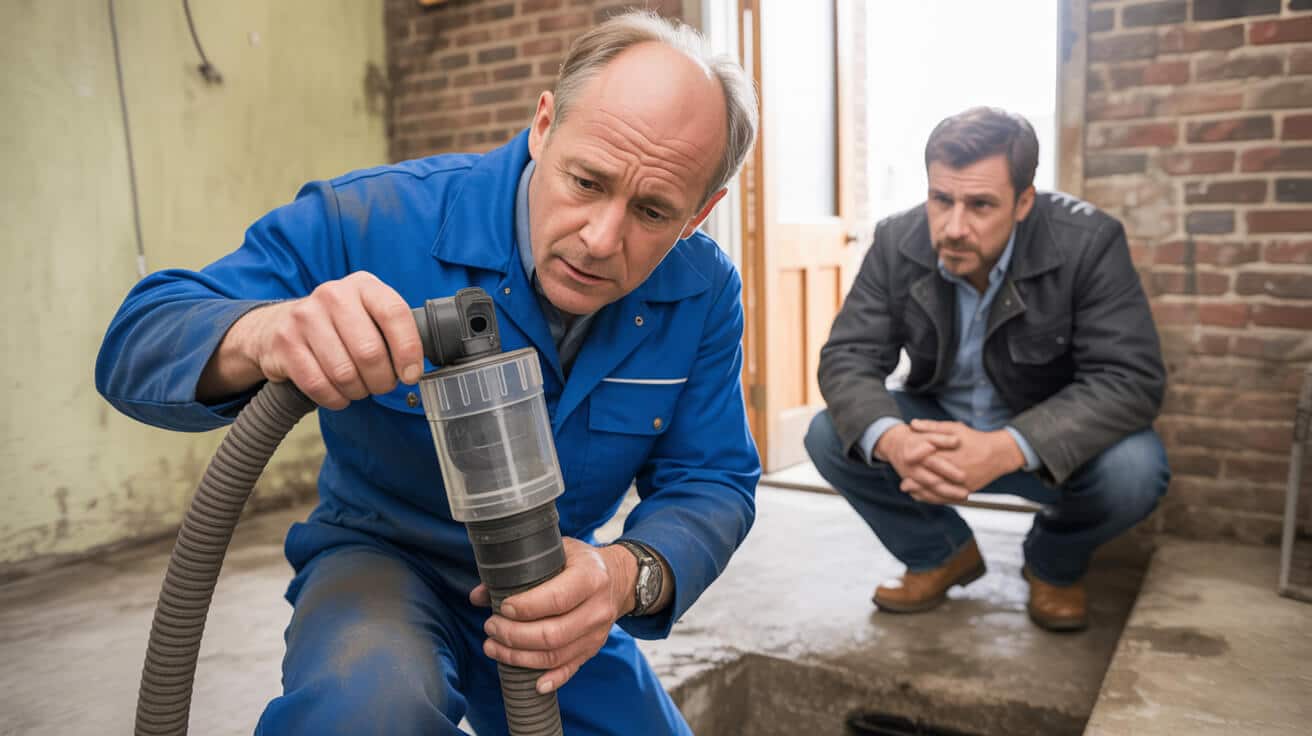
A calm, system-smart approach beats panic every time. Protect your interests—not just your pipes.
Your Rapid Response Playbook
- Visual leak check: Glide a dry tissue over exposed joints, underside of boiler, radiators, PRV pipes outside.
- Gauge check: Always check when cold (not recently fired). Less than 1.0 bar? It’s time to act.
- First, one careful top-up: Cold-only, via filling loop. Slow, steady. Stop between 1.1–1.4 bar.
- Monitor for 24–48 hours: An immediate repeat drop = unresolved fault, not “weather”. Don’t keep refilling—let a pro take over!
- Listen and document: Note hissing, dripping, or noises; take date/time-stamped phone photos for your records.
- Call in qualified help if: Pressure drops again after 1 refill, any leaks or damp visible, app/controls confuse, or you manage more than a single household. By law, G3 (unvented) and WRAS (water regs) certified engineers must do pressure repairs in covered properties.
Document everything: For landlords, agents, or managers, each action goes in the log—pressure reading, date, pictures, and actions taken count.
Table: Quick-Reference Boiler Pressure Troubleshooting
Before you fill or call out a pro, use this step check:
| Symptom | Likely Cause | Immediate Action |
|---|---|---|
| Gauge <1.0 bar cold | Leak or lost water | Visual leak check, refill |
| Frequent top-ups needed | Micro-leak, PRV, vessel fail | Document, call engineer |
| Noise after refilling | Air or leak remains | Bleed radiators, log drop |
| Heating/Hot water fails post refill | Persistent leak/fault | Immediate pro inspection |
“Careful records and calm response stop small issues becoming expensive property drama.”
Why Compliance Logs and Photos Matter More Than You Think (And Can Save You Thousands)
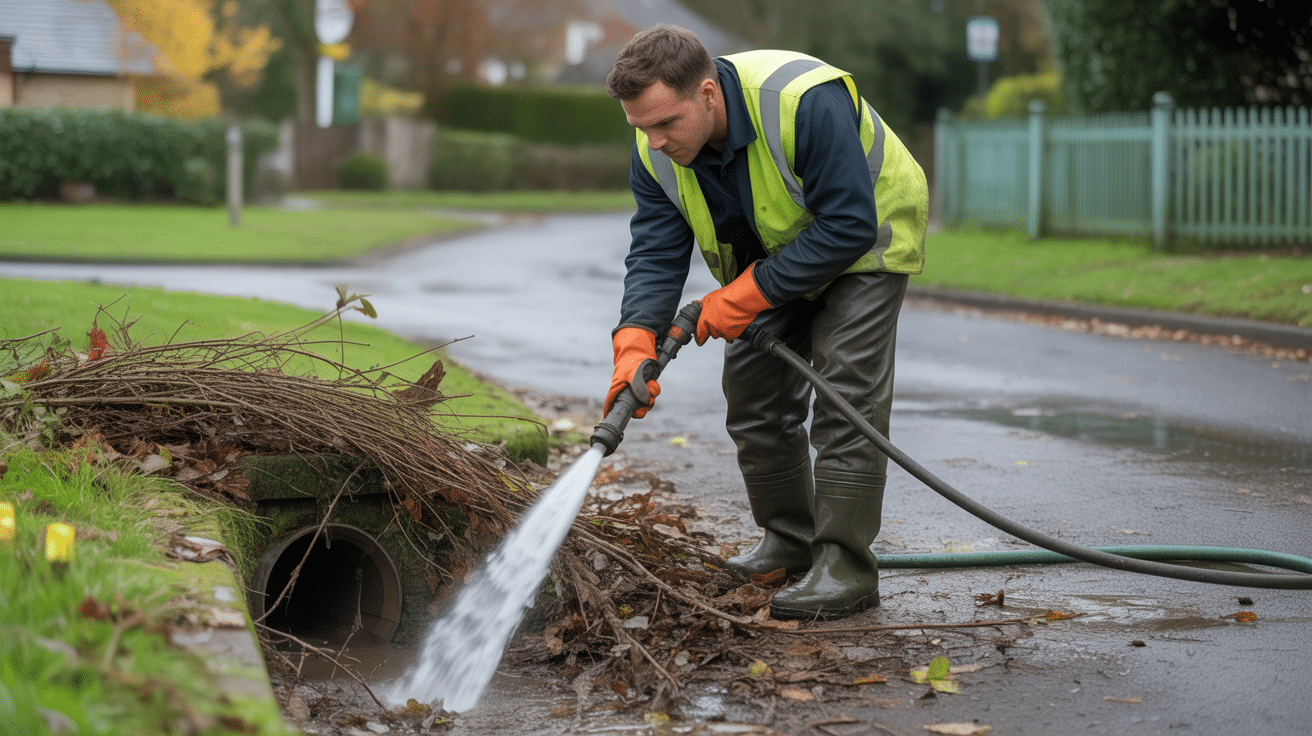
If you’re navigating property management, letting, or even keen home maintenance, your logbook is your safety net, your insurance, and your customer service amplifier—often all at once.
The Protective Power of Paperwork
- EPC and CP12 Reports: Inspections hinge on detailed logs of service actions, pressure readings, and fault dates.
- Insurer and warranty defence: Claims for leaks, damp or heating failures demand digital or written logs, signed job sheets, and pre/post photos. “DIY” fixes with no record = voided claims.
- Tenant/manager confidence: Letting agents, block managers, and commercial facilities operators prove professionalism and avert disputes with simple, client-ready summaries (including before/after pictures and receipts).
If your compliance evidence is merely “I remember topping it up”, you’re gambling with every renewal or Section 21 possession process. A fully logged intervention is your best answer to every ‘prove it’ conversation—be it with an insurance adjuster, council inspector, or irritated occupier.
“Good records cost nothing. Missing paperwork can cost plenty in fines, lost claims, and stress.”
Hector Gauge’s Calm Client-Shareable Guide: Refilling, Remaining Legal, and Knowing When to Call In a Specialist
🚰
Low boiler pressure isn’t a fire drill. If the reading sinks below 1 bar, refill calmly—cold system, filling loop, slow and steady. Wait. If it holds, smile and log the top-up (date, pressure, what you did). If it drops again in days, you’ve got a leak, dodgy valve, or failing vessel—a patch job will not last, and for landlords or agents, record-keeping is non-negotiable.
unvented hot water cylinders, or recurring pressure faults, need a certified specialist (G3, WRAS).
Take pictures before and after, jot it in your log, and keep every compliance cert in a safe place—insurance and warranty claims depend on it.
Don’t panic, don’t keep guessing—document once, call for certified help if it doesn’t stabilise. This isn’t just system safety; it’s full-circle property protection.
🚰
Secure Your Heating, Compliance, and Peace of Mind—Book a Pressure-Check with Plumbers 4U
When low boiler pressure threatens your comfort, don’t get stuck in guesswork. Plumbers 4U brings the calm authority and record-keeping discipline that UK homeowners, landlords, letting agents, and commercial managers count on:
- Certified engineers only: G3, WRAS, WaterSafe across heating systems, cylinders, and app-smart homes. All jobs logged and photo-proofed, every visit.
- Ready for the paperwork audit: Immediate digital records and step-by-step handover for tenants, letting agents, and block managers.
- Protect your trust and value: Compliance-first every time—EPC, CP12, and warranty paperwork handled, with aftercare and reminders so you never fall behind.
Make a choice your future self will thank you for. Secure your next pressure health check, and keep your property, your legal status, and your reputation guarded all season.
Trust Plumbers 4U: Safety, compliance, and comfort—always on your side.
Frequently Asked Questions
Why might a single drop in boiler pressure seem harmless, yet signal cost and compliance risks if overlooked?
A solitary drop in boiler pressure is easy to ignore, especially when your heating seems to recover with a quick top-up, but this “minor” dip often signals the starting gun for a chain of silent risks—damaging comfort, compliance, and hard-won reputation more deeply than you might expect.
Modern property owners and agents tend to trust the reset button, shrugging off the event until pressure falls again. But here’s where wisdom earns its keep: that solo gauge dip could point to a slow escape—corrosion at joints, a slight pinhole leak in pipes, even pressure-release from a tired expansion vessel. If left alone, these small failures quietly bring on heat loss, secondary damp, or a parade of tenant calls about cold radiators. When you only notice in a cold snap, everyone’s stress spikes and repair costs soar.
Property losses rarely shout; they tend to whisper—until they show up as a compliance letter or a burst pipe.
Small leaks also sabotage annual audit trails, essential for your CP12 gas safety records, insurance coverage, or proving responsible asset stewardship to buyers and local authorities. In regulated settings, persistent drops—especially without a clear log of interventions—raise doubts among auditors and undermines confidence from insurers or local councils.
What exactly should owners record after the first drop?
- Date and time of the event.
- Observed cause (if any: eg, radiator bled, draining, visible damp).
- Action taken and gauge result post-refill.
- Any notes—room lost heat? Unusual noise?
That “little” log may be what validates a future insurance or compliance claim—one boiler event at a time.
How does low boiler pressure set off invisible cascades that inflate costs and reduce tenant comfort?
Boiler pressure doesn’t just affect the dial—it quietly controls your property’s entire comfort and cost structure. Initial signs are rarely dramatic: radiators furthest from the boiler heat more slowly, showers mix unpredictably, and the first tenant emails start trickling in about “not quite warm” rooms.
Most don’t connect these frustrations—or the rising gas bill—to the little pressure drop on last month’s reading. In reality, each top-up means more raw water, which introduces oxygen and causes internal corrosion. The result? Valves stick, pumps age faster, and little brown leaks creep behind furniture or under floors—sometimes leaving marks you only spot when repainting before a new tenancy.
Every slow-filling radiator or tepid shower is a missed profit margin, stacking up quietly, not in plain sight.
Unchecked, micro-leaks can build to visible damp and even fuel disputes over deposit return, especially when logbooks lack detail. The knock-on costs aren’t just in the plumber’s invoice: expect increased energy use while the boiler struggles, disruption from repeated engineer call-outs, and—if a future audit questions your response—potential fines or voided insurance for insufficient maintenance records.
What hidden patterns should managers and landlords track?
- Repeat top-ups more than twice a season.
- Any coinciding rise in fuel spend.
- Feedback or complaints from tenants about drift in heating or hot water delivery.
- Visible stains or unexplained “musty” odours in high-traffic rooms.
Spotting and documenting the pattern early transforms a minor expense into preventable, reputation-saving action.
Which UK regulations and audit requirements turn ongoing boiler pressure drops into legal and financial threats?
Whereas the odd low-pressure event is routine in UK heating, repeated or ignored drops can tip a property from “well managed” to “non-compliant” with surprising speed—triggering regulatory headaches, legal demands, and unwanted costs.
UK law now ties heating performance directly to duty-of-care and housing standards. The annual CP12 gas safety inspection expects not just a safe boiler, but proof of stability and ongoing maintenance. Logbooks must evidence engineer checks, not just repeated tweaks by a letting agent or caretaker. EPC audits examine recent records and cross-check for unresolved heating problems, impacting your ability to re-let or refinance (UK Gov EPC Guidance, 2024).
For landlords and block managers, repeated low pressure can mean:
- Failing to meet minimum energy performance triggers remediation notices—sometimes before a new tenancy is even approved.
- G3-certified systems (unvented cylinders) demand annual documented safety valve and pressure vessel checks; failing audits may suspend their use until an audit pass is secured.
- Vulnerable tenant protection: letting agencies and local authorities scrutinise heating logs sharply if tenants included children, elderly, or those with health needs. A complaint without an audit trail can mean immediate intervention—or even rent refund orders.
Each undocumented refill is a silent liability; logged actions are your best legal currency.
What documents must be kept on file for audit and insurance defence?
- Engineer-issued, time-stamped repair logs stating action, parts, outcome.
- Full CP12 (Gas Safety) and G3 logs, not just a “last serviced” label.
- Photos before and after any fix—not just for compliance, but for future resale proof.
How can you spot a harmless “first drop” versus a warning that needs immediate engineer intervention?
Not all low boiler pressure events warrant the same level of concern; understanding the early indicators, and when to switch from DIY to professional, keeps you out of crisis territory. The key is to move from reactive top-ups to proactive pattern recognition.
Which events are routine, and which are red flags?
| Symptom Scenario | Probable Importance | Advised Action |
|---|---|---|
| First drop after maintenance/bleed | Usual, if rare | Refill and monitor; log details |
| High frequency—multiple a season | Clue to persistent leak | Engineer inspection recommended |
| Water stains or corrosion at joint | Likely hidden leak, urgent | Stop all refills, escalate ASAP |
| System lockout/error flashes | Safety shutdown in progress | Record code, contact engineer |
| New noise, vibration, or smell | Internal stress—potential risk | Full diagnostic and repair log |
A boiler doesn’t ask for help twice unless the threat is becoming urgent—listen to the pattern early.
If in doubt, always prioritise a professional survey; your audit log will reflect this prudence, often paying off when it matters most—during legal checks or sale prep.
What does best-practice boiler pressure management look like under 2024 UK standards and modern insurance terms?
Smart pressure management isn’t just about refilling or resetting—it’s about traceable, compliant actions that future-proof your investment, insurance cover, and day-to-day peace of mind.
UK regulations (WRAS, G3, CP12) and modern insurance clauses demand:
- Only WRAS-approved parts and repair methods—non-approved “quick fixes” can void both warranties and insurance policies.
- Proactive annual servicing, including pressure and discharge safety checks for unvented cylinders—skipping a single cycle breaks G3 compliance.
- Flawless audit trails: every refill, engineer visit, and replacement must have a matching, dated report in place before a compliance officer or claims handler asks.
- Post-repair transparency: owners, agents, and even tenants must receive advice on what to monitor, when to escalate, and who to alert should the problem recur.
Miss any of these and you may lose not just warmth, but the right to let, sell, or claim for future damage—even if you fixed the “hardware” in good faith.
What separates “compliant” from “at risk” response?
- A file of part codes, receipts, and annotated engineer notes.
- Notification and photo evidence of every work step.
- Proactively scheduled follow-ups, not just aftercare on request.
This is what today’s insurers, auditors, and property buyers look for—giving you higher asset value and a smoother path through each regulatory change.
How do Plumbers 4U turn boiler pressure faults into assurance for audits, insurance, and future value?
Plumbers 4U treats every pressure issue as both a technical opportunity and an audit defence—transforming a simple fix into a shield for landlords, owner-occupiers, and property managers alike.
Certified WRAS and G3 engineers lead every call-out. Instead of patch jobs, you get a root-cause approach: digital pressure tests, internal leak tracing, and clear explanation of any part needing replacement. Each service wraps with ID-stamped reporting, photo logs, and a summary that’s ready for audit or warranty submission.
A pressure fix backed by documentation is more than maintenance—it’s protection against tomorrow’s claims and compliance headaches.
What sets Plumbers 4U apart?
- All materials and methods are regulation-assured—no risky shortcuts or brand mismatch parts.
- Communication is clear from first call to aftercare guide: you, your tenants, and any future auditor receive everything needed to understand and maintain system tightness.
- Follow-ups remind you when compliance checks fall due, and a digital logbook is maintained so that not a single action is lost to memory, turnover, or audit panic.
With Plumbers 4U, you build a defence-in-depth against claims, fines, and estate agent headaches. Every pressure drop becomes proof of your reliability—and your property’s resilience in the eyes of councils, insurers, and future buyers.
Protect every asset, every claim, and every tenancy: a logged boiler pressure check today with Plumbers 4U may be what saves you in tomorrow’s audit or emergency. Book your compliance-assured service for total peace of mind.

